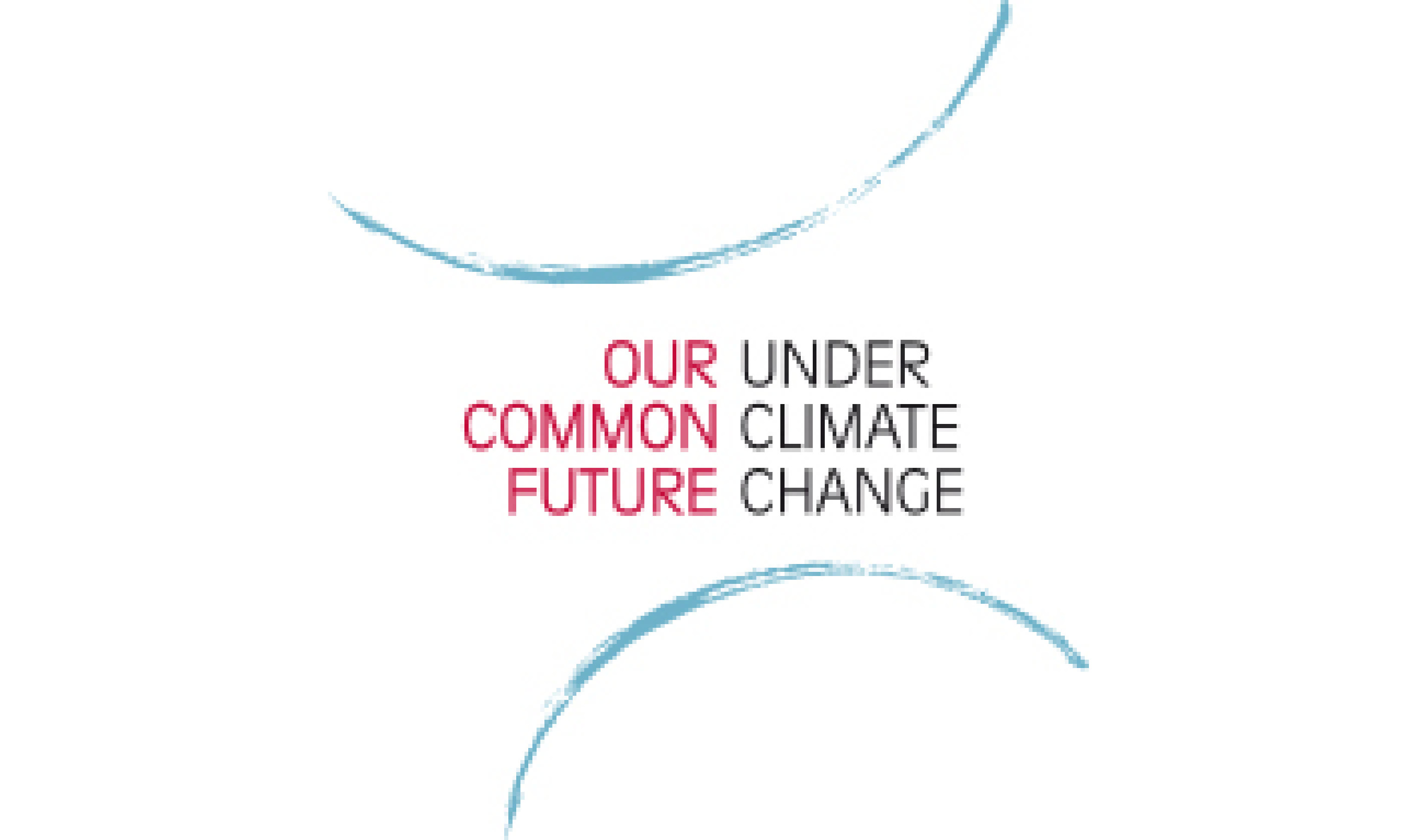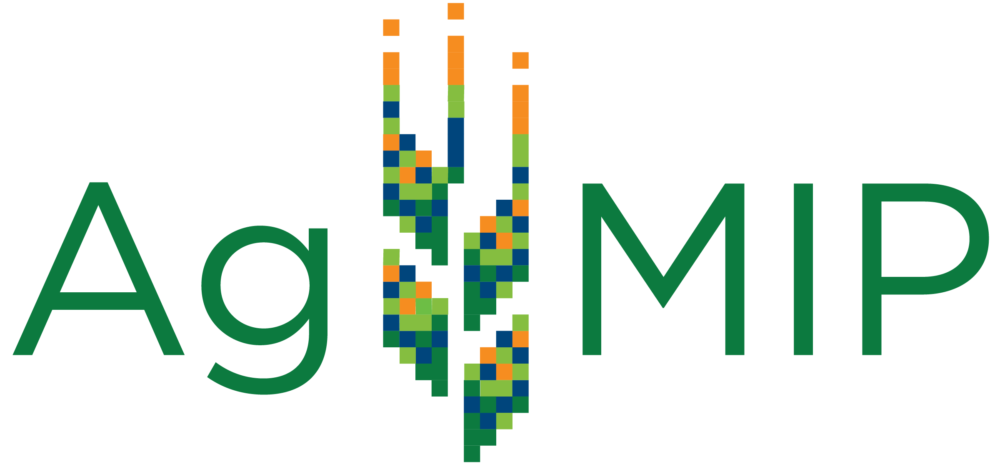CFCC15: Food and water security
Aug 24, 2015
By: Shari Lifson
At Our Common Future Under Climate Change (CFCC) 15 conference July 7-10 in Paris AgMIP leaders Cynthia Rosenzweig and Alex Ruane took part in the scientific session: Food and water security under climate change. Cynthia Rosenzweig opened the session by highlighting the session goal of bringing together the isolated communities of researchers working on climate change impacts on food and water.
Jean-Francois Soussana (AgMIP Steering Council Co-Chair) demonstrated the pressure on agricultural regions and food security using a series of identities, for example demonstrating the importance of carbon intensity and food affluence as multipliers of population. Key messages include the pressure to expand arable land to meet future food demand.

Joshua Elliott discussed recent findings from a joint UK-US Task Force on Extreme Weather and Global Food System Resilience, noting strong trends toward more extreme outputs in agriculture driven by climate, with the 1-in-100 year event projected to become a 1-in-30 year event in the next 30 years or so. Put another way, the 1-in-200 year US maize shortfall becomes 25% worse in the next 30 years however, as Elliott emphasized, “adaptation costs water.”
The Agricultural Model Intercomparison and Improvement Project (AgMIP) is planning the first Coordinated Global and Regional Assessment of Agricultural Production and Food Security Under Climate Change, which will link crop and livestock production with economics at local and global scales using a multi-model, multi-scale, multi-disciplinary approach (launching at an Aspen meeting in September). This effort will help to provide more consistent information for stakeholders and policymakers trying to manage risk in the coming decades.
Rosenzweig, commented, “We must unite food and water security under climate change.”
Taikan Oki presented on virtual water transfers through food aid and international trade of agricultural products, and warned that analysis initially suggesting Africa theoretically has plenty of water for agriculture misses the fact that this rainfall is misaligned seasonally and still results in major shortfalls. Jonas Jägermeyr illustrated the potential of various water conservation strategies, including soil moisture conservation and rainwater harvesting. David Lobell warned that some purported climate change adaptations were not actually specifically targeted to climate changes but reflected more generally good practices, and indicated that a reduction in cold constraints could open up new agricultural opportunities where frost stress will be reduced and double-cropping will be possible. Finally, Jikun Huang discussed the connections between climate change impacts and economics, noting that there is a distribution of benefits in some regions rather than a single response across a spectrum of stakeholders.
The take home messages from the session concluded that there is a considerable amount of research engaging the overlapping challenges of food and water security under climate change, and initial results suggest large potential consequences of climate change across a range of scales. It is crucial, the attendees agreed, that researchers provide consistent information addressing climate extremes, realistic adaptation, and links between the biological and economic spheres of the agricultural sector.
